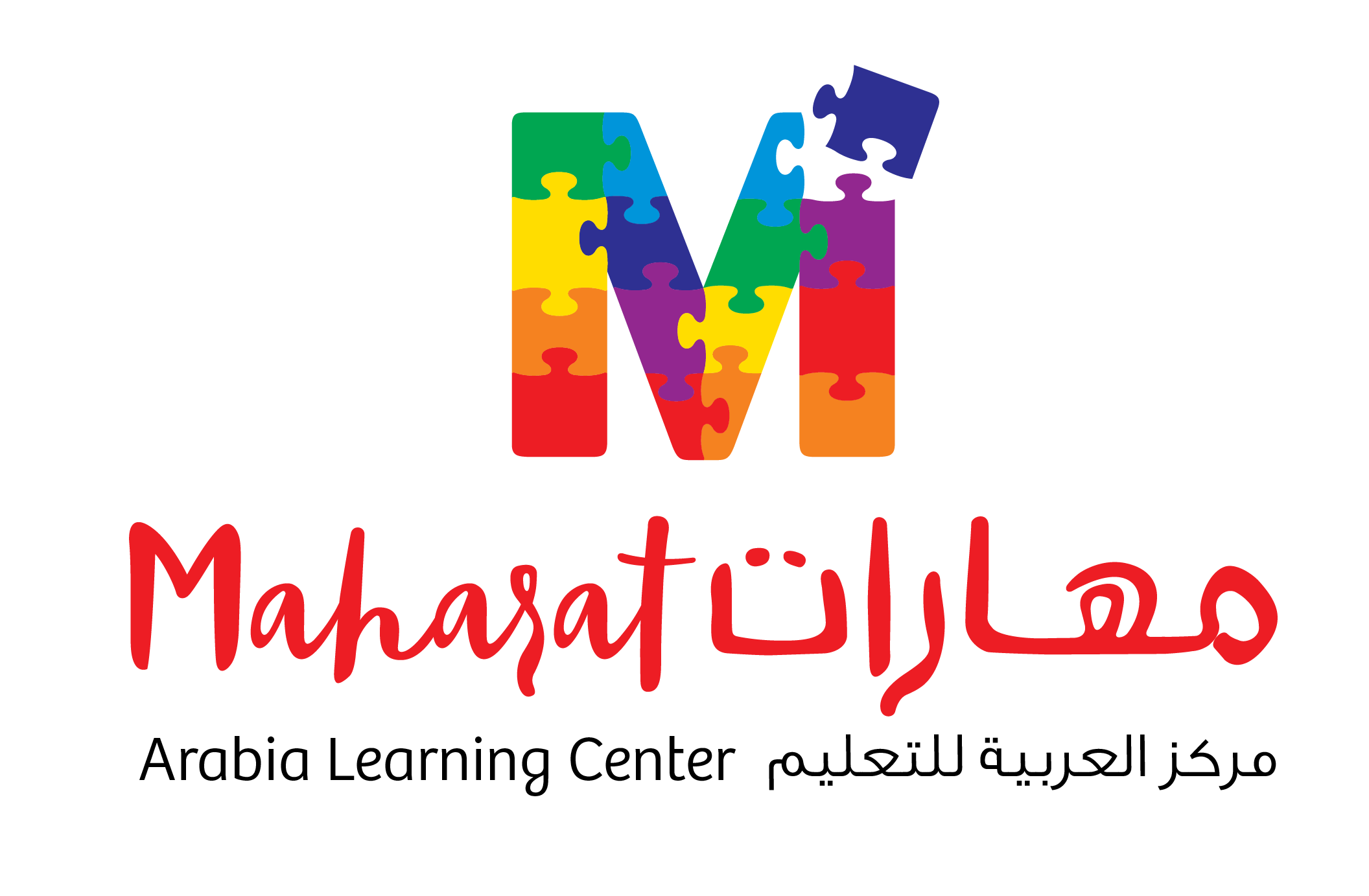
Tutoring for Specific Learning Difficulties
Children and young adults struggling with learning difficulties may experience anxiety and low self-esteem. However early identification, diagnosis and support, using the right tools and strategies are crucial to ensure that children and young adults learn functional and relevant skills to lead happy and successful lives.
At Maharat Learning Center, we ensure that the strategies used in the one-to-one tutoring sessions can be generalized in all settings. We work hard to ensure that children can access the school curriculum and that goals set for your child are achievable and measurable. We take in to consideration the child’s learning style as well as their environmental preferences and we build a tailored program around the child, and seek to build and reinforce self-esteem, effective learning and listening skills and skills for self-learning.
Our comprehensive tutoring program provides individualized and age-appropriate learning objectives to reflect each child’s strengths and needs and measurable targets are established as achievement goals for the program. The program may include phonics, sight reading, vocabulary, reading comprehension, writing including grammar and punctuation, spelling rules, assistive technology and typing to name but a few.
What is Dyslexia?
- Reading
- Writing
- Spelling
- Math
- Organization
- Memory
Dyslexia can vary in degree of severity. While it is not curable, children and young adults with Dyslexia can be taught strategies in order to cope with it, therefore early identification and intervention is very important.
What is Dyscalculia?
Dyscalculia is a condition that makes it hard to make sense of numbers. Dyscalculia is also known as the ‘mathematics learning disability’, ‘mathematics disorder’, or ‘math dyslexia’. Children and young adults may have difficulty in learning or comprehending arithmetic, such as difficulty in understanding numbers, learning how to manipulate numbers, and learning mathematics concepts, while some find it difficult to grasp basic number concepts.
What is Dysgraphia?
Dysgraphia relates to difficulties in written expression. Sometimes holding a pencil and organizing letters on a line is difficult. Children and young adults may struggle with spelling and organizing their thoughts on paper or storing and retrieving information from memory. This can then lead to struggles with written expression. The symptoms fall into 6 categories: visual-spatial, fine motor, language processing, spelling/handwriting, grammar, and organization of language.
What is Auditory Processing Disorder?
APD is an auditory disorder that affects children and young adults with difficulty understanding speech in noisy environments, following directions, and discriminating (telling the difference between) similar-sounding speech sounds. They may often ask for repetition or clarification. In school, children and young adults with APD may have difficulty with spelling, reading, and understanding information presented verbally in the classroom. They typically are able to complete a task independently once they know what is expected of them. APD is not the result of higher-order, more global deficit such as autism, intellectual disabilities, attention deficits, or similar impairments.
What is Attention Deficit Hyperactivity Disorder (ADHD)?
ADHD is a condition in which children and young adults find it very difficult to focus their attention or control their behavior across various settings. They usually cannot concentrate for long periods of time and they often do or say things on impulse without thinking. People often use the term ‘hyperactive’ to describe someone who is simply noisy and boisterous. However, when doctors diagnose a child’s hyperactivity as a symptom of ADHD, they mean that the child has a more serious problem.
There are 3 types of ADHD:
- Inattentive type (characterized solely by significant difficulties with attention, previously known as ADD)
- Hyperactive-Impulsive Type (where a child or young person displays both impulsivity and hyperactivity)
- Combined Type (where inattention, impulsivity, and hyperactivity are all presents)
Many people think medication is the only support for ADHD. However, behavioral and learning support greatly benefit many children and young adults with ADHD. Support within school is also critical. Maharat Learning Center can provide support for the child on an individual basis, and advice within school.
What is Executive Function Difficulties?
Executive Function is like the CEO of your brain. It is in charge of ensuring things are done from planning to deadline. When children and young adults have issues with executive function, tasks that involve planning, organizing, remembering things, flexible thinking, prioritizing, paying attention and getting things done becomes a challenge. Unfortunately, that covers many tasks in school. Therefore, it is essential that children and young adults in this area are supported.
Executive function difficulties often occur alongside ADHD and other disorders, but they can also occur alone. Executive function issues have strong links to not just learning issues, but also emotional and behavioral control difficulties.
At Maharat Learning Center, we support children with executive function difficulties by offering strategies and support, which focus on skills training and giving children and young adults the mental tools to build their self-monitoring. We also support school to put in place supports and accommodations.






